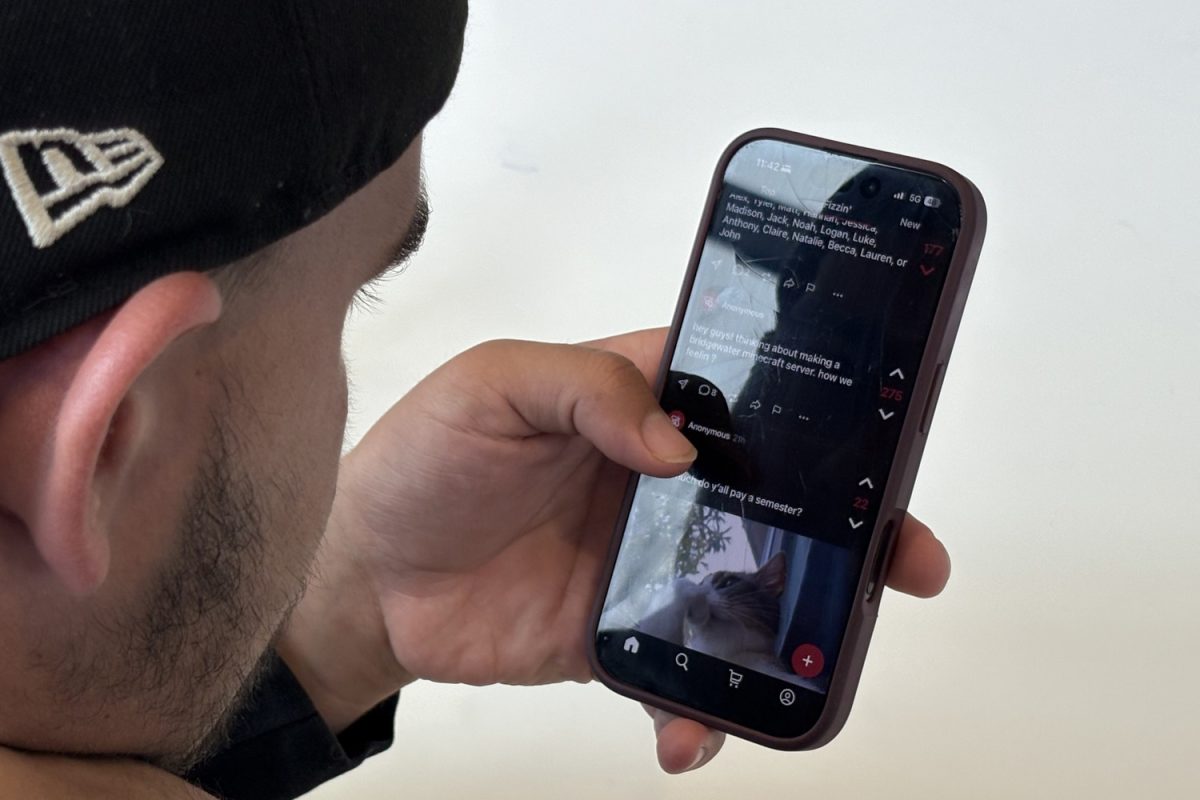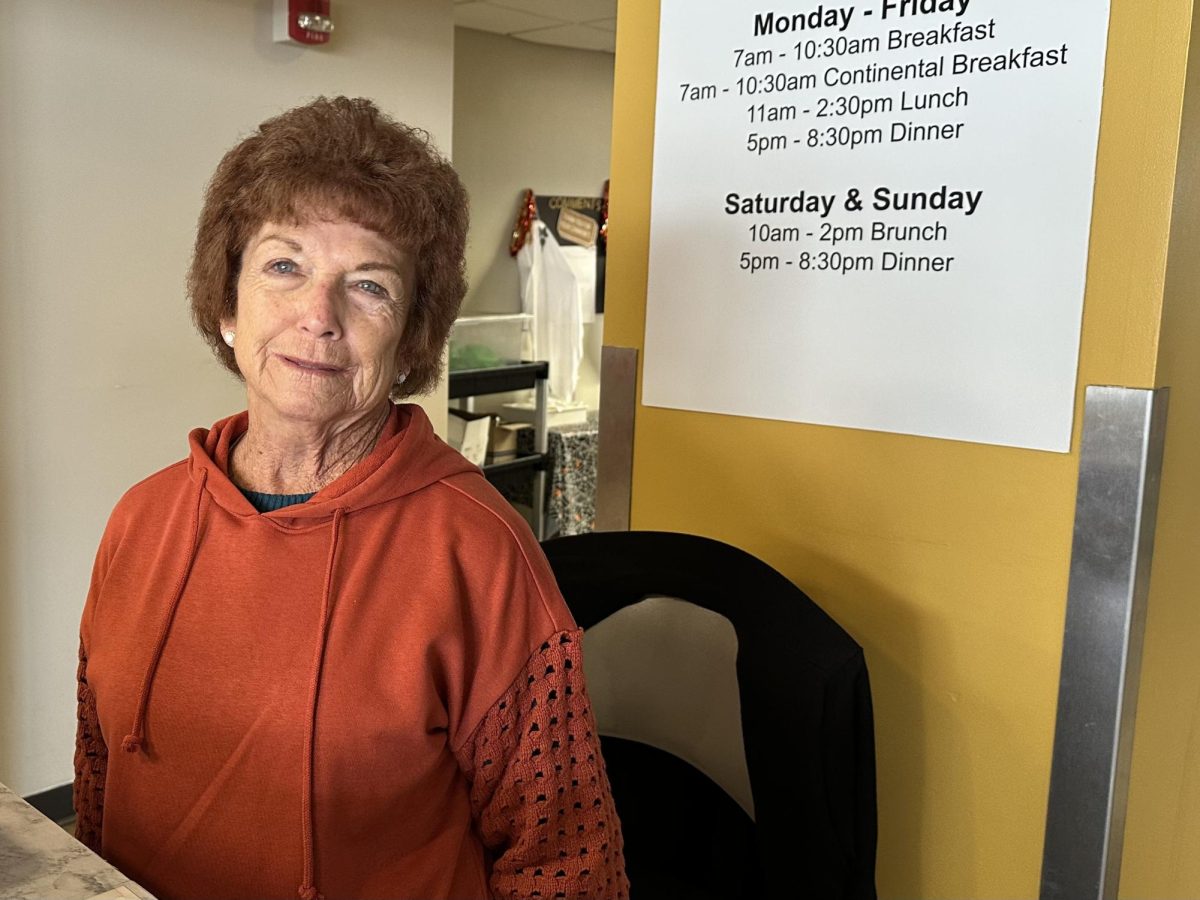BRIDGEWATER, Va.–Menstruators are hesitant to use reusable menstrual products (RMPs) like menstrual cups, period underwear and discs due to stigma, lack of education and normalization of disposable products.
This is true despite RMPs offering savings. The cost of a menstrual cup or period underwear is $15-45, and these products last years, while boxes of tampons or pads must be repurchased.
The Culture of Consumption
In a 2012 article published by the “Bulletin of Science, Technology, and Society,” researcher Anna Davidson stated social definitions of normal contribute to mainstream use of disposable products.
Davidson stated she aims to “shift emphasis away from individual choice,” such that personal hygiene choices are shaped not by individuals but by social norms.
She stated that common social narratives that describe RMPs as “unhygienic, underdeveloped, or premodern” are a systemic issue that discourage their use.
Davidson stated the importance of creating “different, more positive views of menstruation” to shift from harmful narratives to sustainable choices.
BC junior Lauren Henderson said she was nervous to try RMPs due to social stigma and lack of education. “There’s really no reason we can’t talk about it…It’s a normal thing but it’s not normalized,” Henderson said.
Davidson said though menstrual products create a small portion of personal waste, making sustainable choices about these products acts as a model for avoiding wide-spread overconsumption.
Menstrual Products and Self Image
In a 2019 article published by “Women’s Reproductive Health,” researchers stated that “in Western cultures, women are disproportionately beholden to an objectified body ideal that is…free of the odors and appearance of natural bodily functions.”
Because RMPs require closer interaction with menstrual blood and the body, they oppose cultural ideals, Psychology Professor at Bellarmine University Dr. Jean M. Lamont and others said their research showed that those with higher self-objectification showed lower willingness to try RMPs and negative attitudes towards menstruation.
BC Professor of Biology and Environmental Science Dr. Tamara Johnstone-Yellin has taught classes in biology, environmental science and mammalogy. Her mammalogy course includes a large reproductive unit where she explores ovulation, conception and menstruation and estrus in female mammals.
“There is certainly that social pressure and wanting to just use something and throw it away, not touch what you don’t have to touch… so I think that’s another barrier to using the reusable products,” Dr. Johnstone-Yellin said.
She notes that historical scientific research was often performed only on male species due to the proposed fluctuation that comes with female cycles.
Efforts Towards Menstruators in Need
AP News reported that Spain’s Catalonia conducted a campaign to provide women with free RMPs. The campaign was aimed towards fighting menstrual poverty, gender injustice, stigma around menstruation and environmental efforts, Catalonia’s regional minister for equality and feminism Tania Verge said.
The products were provided by the public health care system and over 3,000 private pharmacies.
Henderson expressed interest in the idea of BC starting a similar campaign to provide products and education to students.
More about RMPs
AllMatters and The Period Company sell period underwear and menstrual cups and include educational material about the products on their websites.
























































